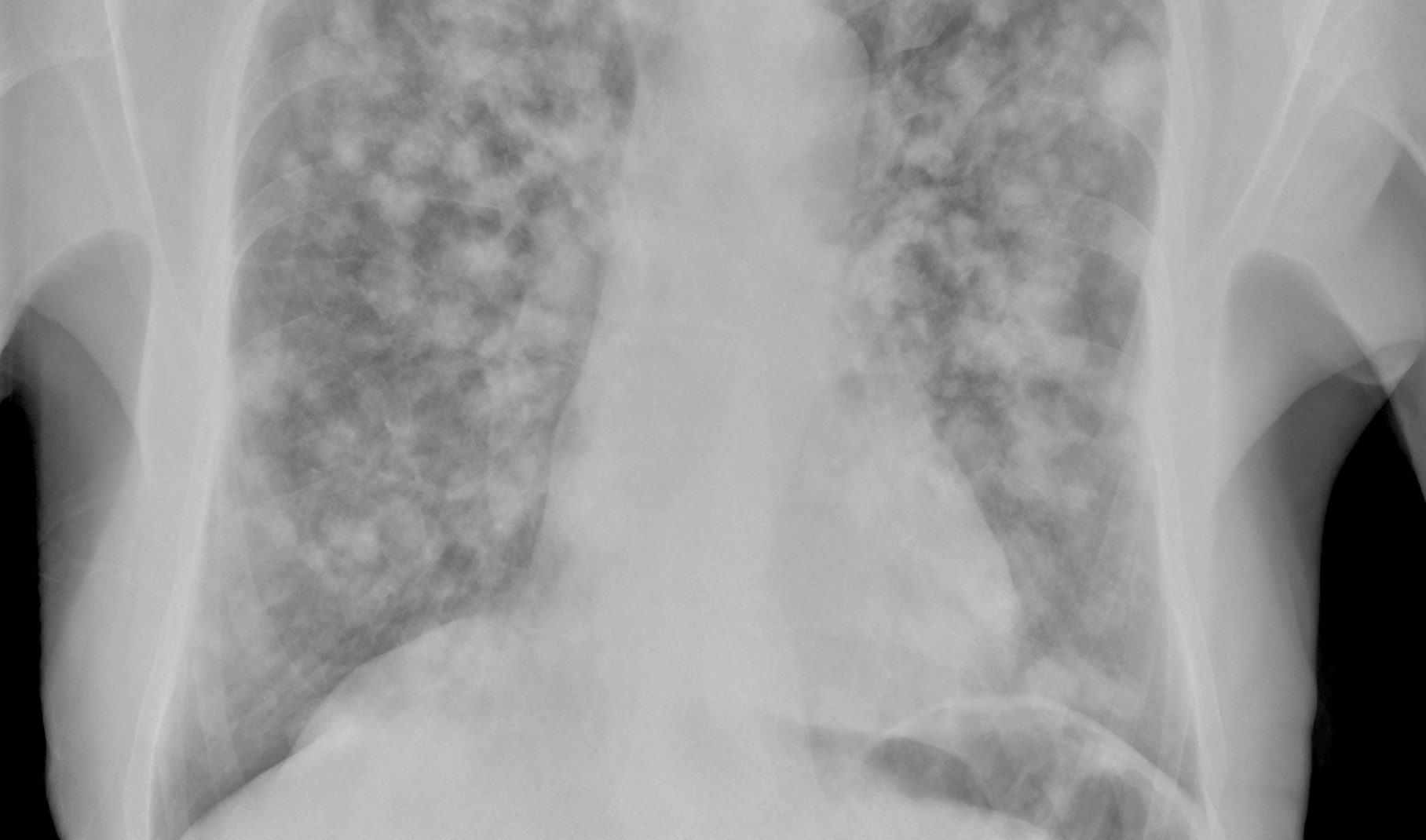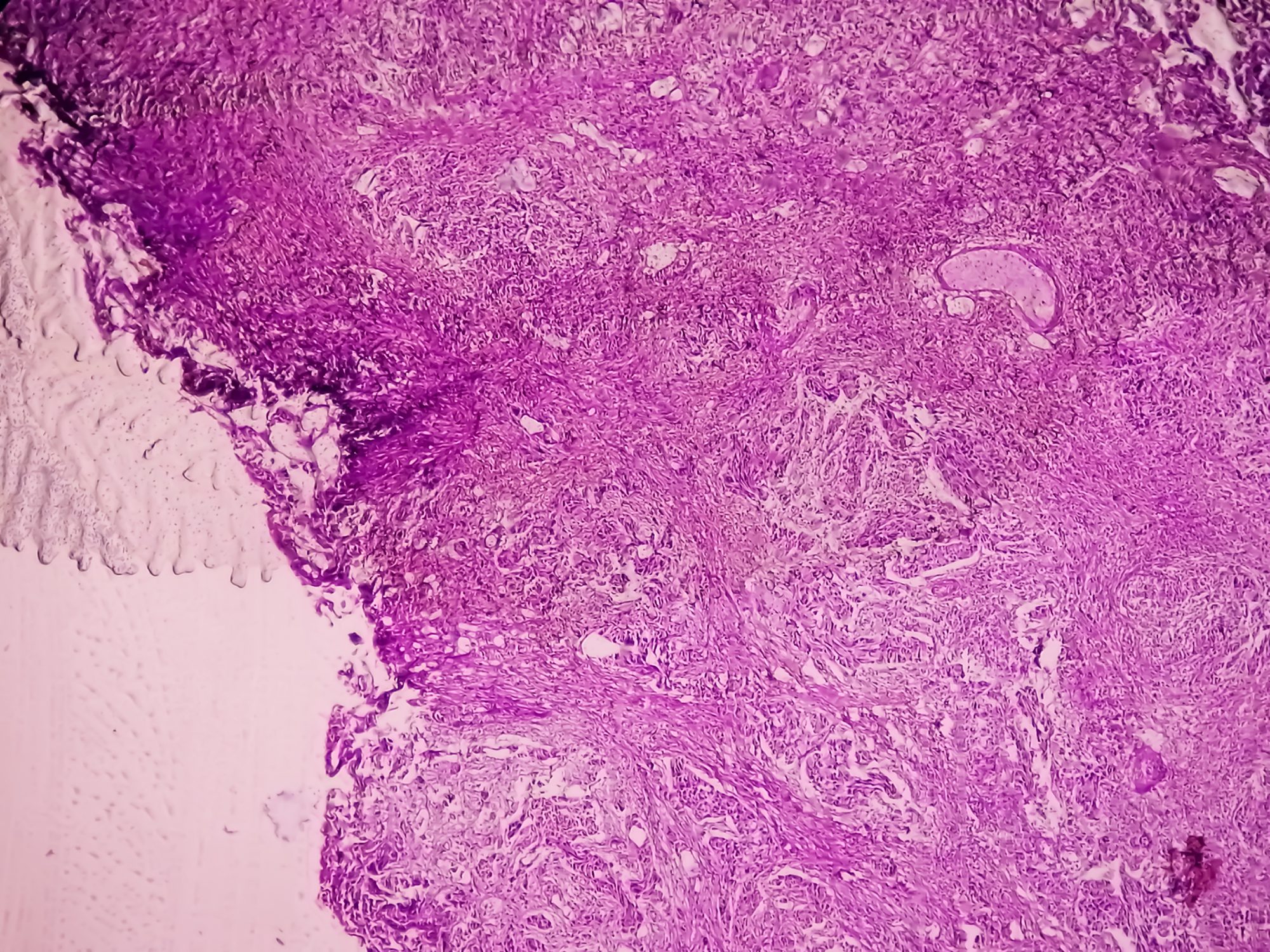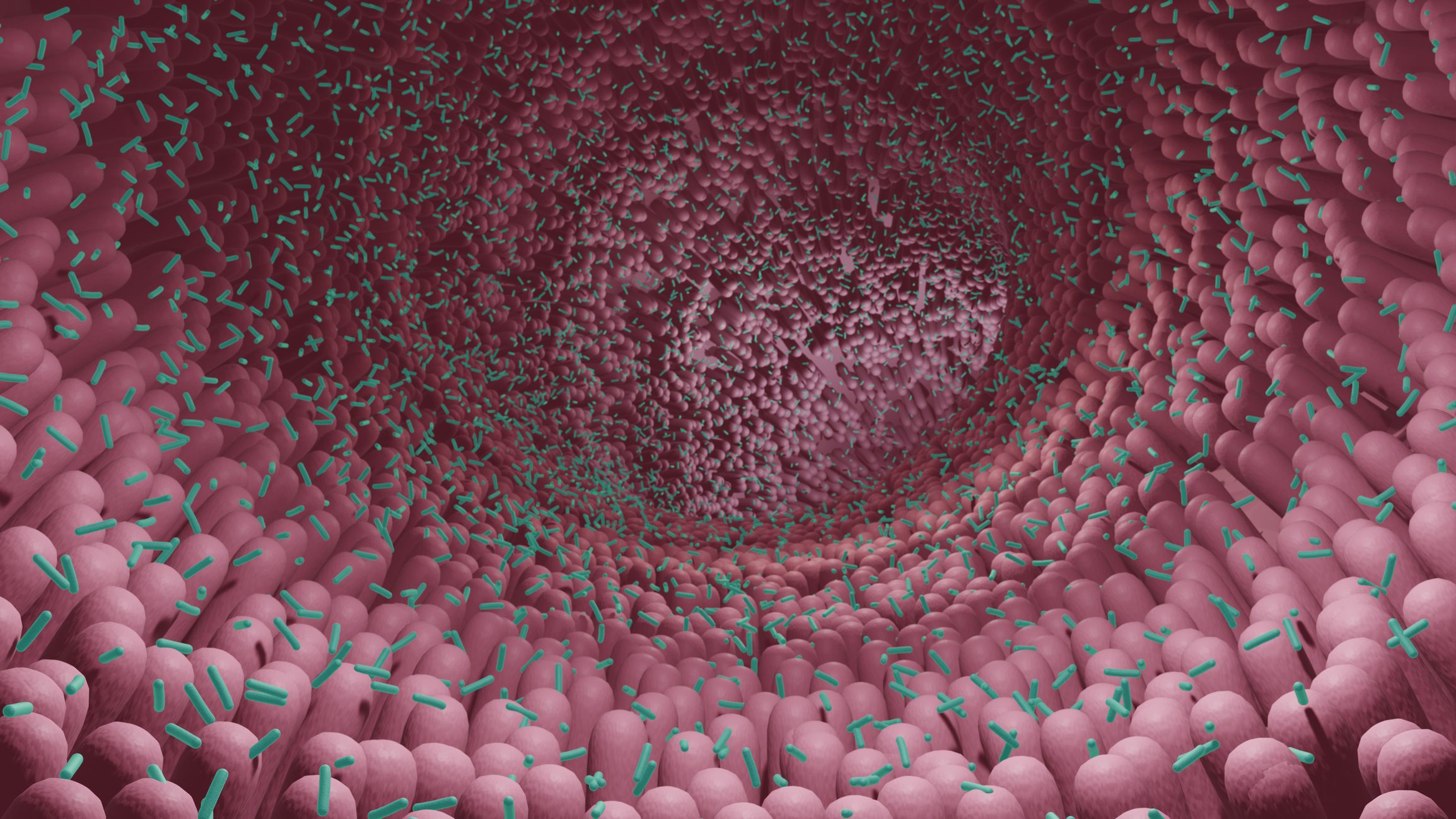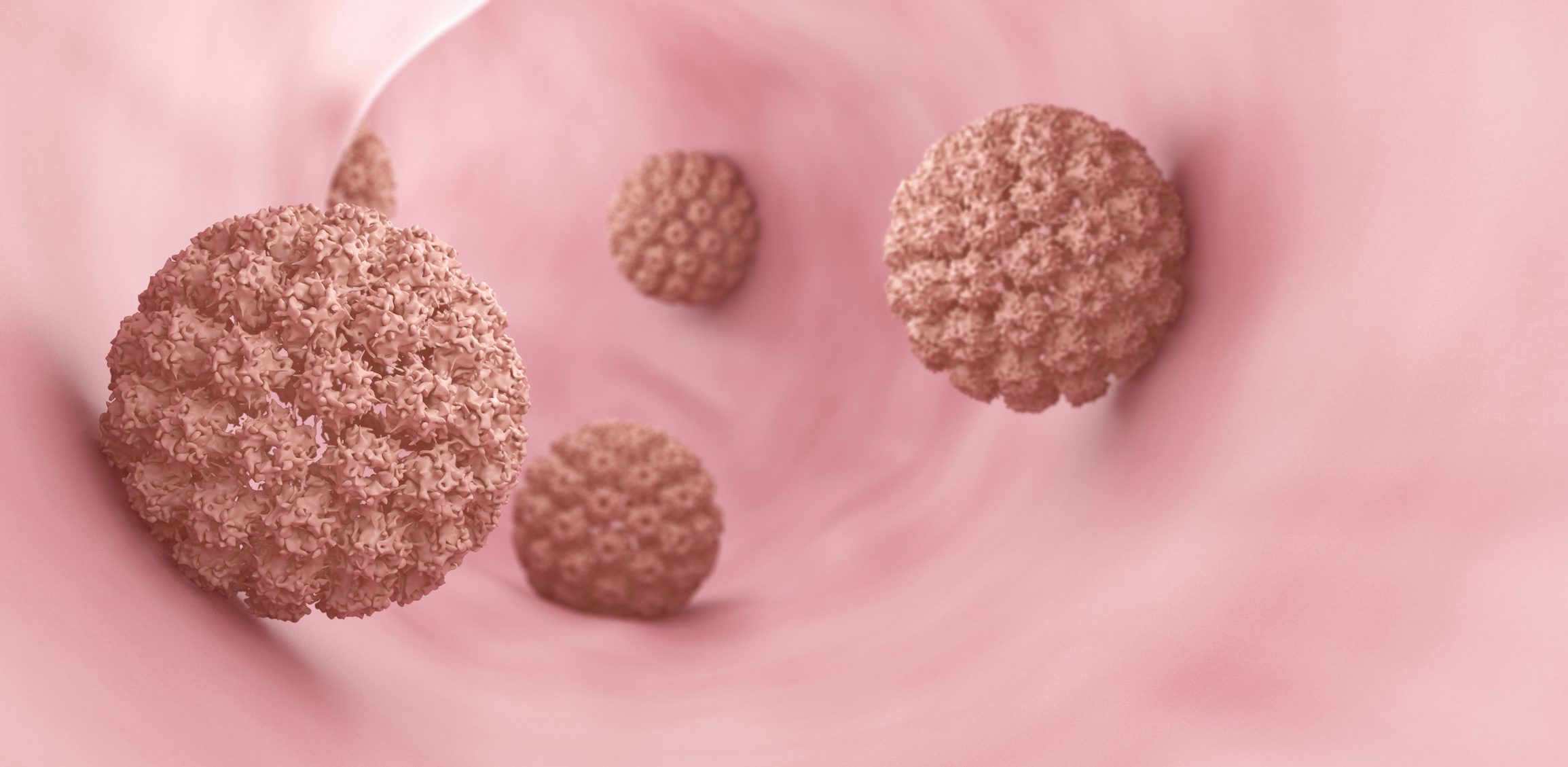Statin therapy should be initiated in patients with HIV infection aged 40 to 75 years who are at risk of developing atherosclerotic cardiovascular disease (ASCVD). This is according to the updated recommendations of the US Department of Health and Human Services. The (HHS) Panel on the Use of Antiretroviral Agents in Adults and Adolescents with HIV developed these new guidelines in collaboration with the American College of Cardiology (ACC), the American Heart Association (AHA) and the HIV Medicine Association (HIVMA ).
(red) The panel based its recommendations on the results of the Randomized Trial to Prevent Vascular Events in HIV, a phase 3 trial involving adult patients with HIV infection who were at low to intermediate risk of ASCVD. The study patients received antiretroviral therapy and were treated with either 4 mg pitavastatin or placebo daily. The primary endpoint was the occurrence of serious adverse cardiovascular events.
A total of 7769 patients were included in the final analysis, of whom the average age was 50 (IQR, 45-55) years, 31% were women, 41% were black and more than half (53%) lived in high-income countries. Patients had a median estimated 10-year ASCVD risk of 4.5% (IQR, 2.1-7%-7,0%) and a median CD4+ T-cell count of 621 (IQR, 448-827) cells/mm3. In addition, 49% of patients had a prior CD4+ nadir count of less than 200 cells/mm3, and 88% had HIV RNA levels below the lower limit of quantification.
In the pitavastatin group, the number of serious adverse cardiovascular events was 35% lower than in the placebo group (hazard ratio, 0.65; 95% CI, 0.48-0.90). A further comparison between the groups showed that patients receiving pitavastatin had lower low-density lipoprotein cholesterol (LDL-C) levels at baseline (107 versus 74 mg/dL) and after 12 months (74 versus 105 mg/dL). However, patients receiving placebo had lower rates of muscle-related adverse events (1.4% versus 2.3%) and new-onset diabetes (5.3% versus 4.0%).
Based on these results, the HHS panel recommended moderate-strength statin therapy for patients aged 40 to 75 years with an estimated 10-year ASCVD risk between 5% and less than 20%. The panel also advocated moderately intensive statin therapy for patients with an estimated 10-year ASCVD risk of less than 5%. However, they pointed out that the presence or absence of HIV-related factors associated with an increased risk of ASCVD should be taken into account in this patient group, as the benefit of statin therapy is rather modest.
The recommended options for moderate-intensity statin therapy were as follows:
- Pitavastatin 4 mg once daily;
- Atorvastatin 20 mg once daily; and
- Rosuvastatin 10 mg once a day.
The panel also provided guidance on ASCVD prevention for the general population, including patients with HIV infection. They recommended high-intensity statin therapy for patients aged 40 to 75 years with high (≥20%) estimated 10-year ASCVD risk, high-intensity statin therapy at the maximum tolerated dose for patients aged 20 to 75 years with LDL-C levels of 190 mg/dL or above, and moderate-intensity statin therapy for patients aged 40 to 75 years with diabetes.
Lifestyle modifications were recommended for HIV-positive patients younger than 40 years, as data on the use of statin therapy to prevent ASCVD in this population were insufficient. In addition, statin therapy should be postponed until after pregnancy in pregnant women at low to moderate risk of ASCVD, and therapy should be discontinued in HIV-infected patients who become pregnant. The panel advised against the use of statins in patients who are breastfeeding. According to the panel, the simultaneous administration of certain statins and antiretroviral drugs can lead to significant interactions between the drugs.
Source: Recommendations for the use of statin therapy for the primary prevention of atherosclerotic cardiovascular disease in people with HIV. NIH. Published on February 27, 2024. Accessed February 29, 2024. https://clinicalinfo.hiv.gov/en/guidelines/hiv-clinical-guidelines-adult-and-adolescent-arv/statin-therapy-people-hiv.
CARDIOVASC 2024; 23(1): 36











